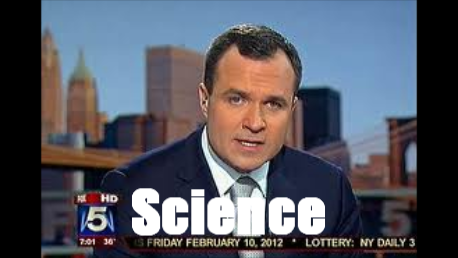I have a different kind of point to make: we live in a unique time, the first in human history in which we have a relatively clear and precise understanding of our place in the universe. Not our purpose, perhaps, but our physical location. In life, it can be hard to know where you're going if you don't know where you came from or where you are. Now, in the largest sense possible, it seems we know.
The coalescing material that became the Sun, Earth, and everything on it was seeded by the dying ash of ancient stars. Those stars lived and died in the outer arms of the Milky Way galaxy, a 100 billion-star spinning disk the proportions of a vinyl record. Surrounding this disk swarm hundreds of minor satellite galaxies, constantly shredded by their encounters with us. A mere 40 record-lengths away, our sister the Andromeda galaxy rushes toward us, promising a great collision near the end of the Sun's natural life.
 | |
| The Andromeda Galaxy (left), our nearest similarly sized neighbor, visible near the disk of the Milky Way within which the Sun resides. This composite image illustrates what the night sky will look like 3.75 billion years from now. (More on this collision at http://www.nasa.gov/mission_pages/hubble/science/milky-way-collide.html) |
But this is literally our cosmic backyard; the universe is full of galaxies, as many as there are stars in the Milky Way. But we finally have a clear picture of our cosmic neighborhood, the equivalent of a city if the universe were laid out on the surface of the Earth, which is presented beautifully by researchers in France in this video:
(Available for download here: http://irfu.cea.fr/cosmography)
We live in the suburbs of an average galaxy that resides in a rural town far from the bustling cities of the cosmos. There is nothing special about where we are. Nothing special about where we came from. The insignificance of our place in the universe is crushing. But we have only now opened our eyes. We have only now begun to comprehend. It's only a matter of time before we ask the next logical question.
Where are we going?


